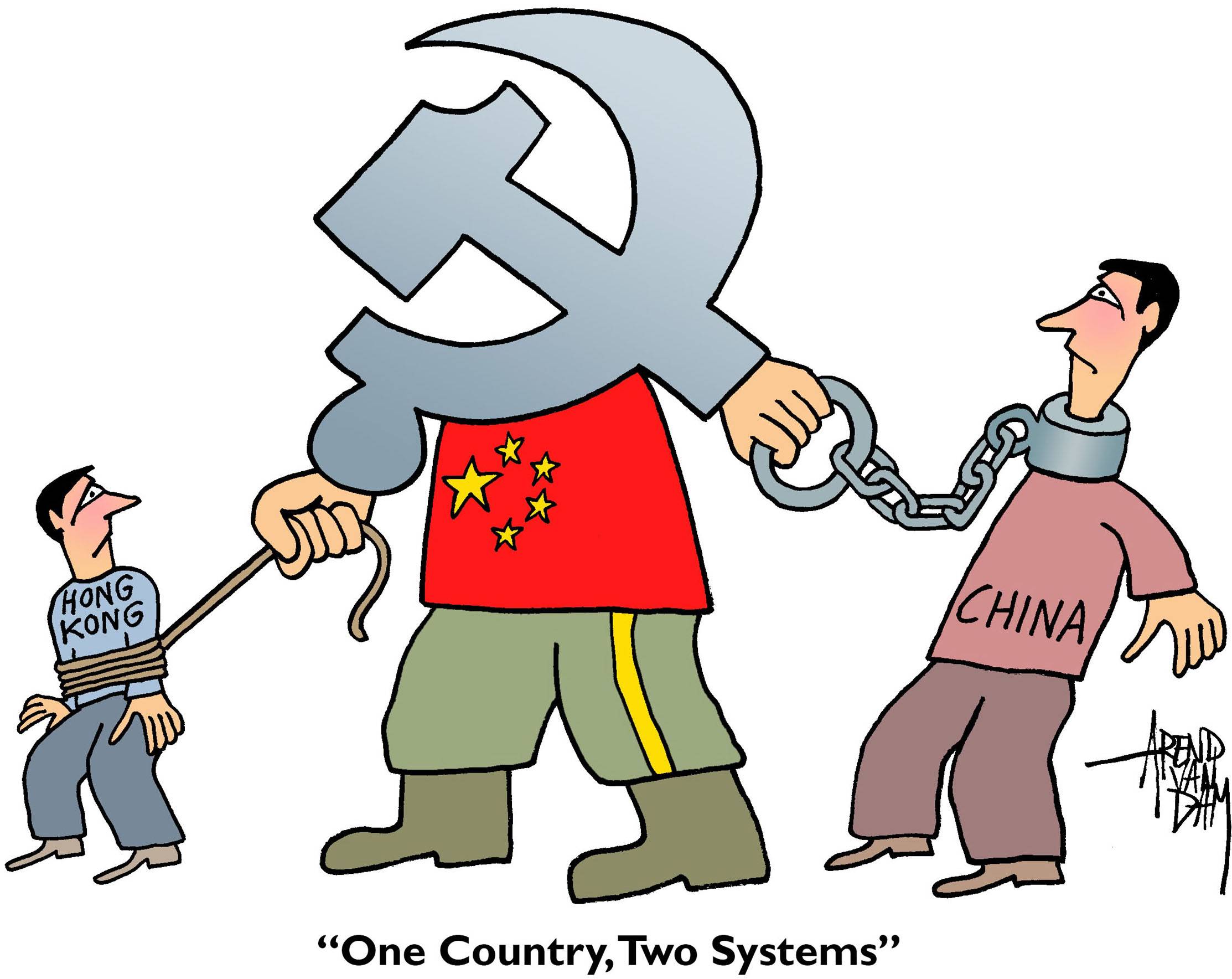China has forced a new national security law onto the Special Administrative Region of Hong Kong. While the new law was anticipated, few thought it would be as draconian as it is, with unprecedented scope and reach. The legislation threatens fundamental freedoms that characterized life in Hong Kong and distinguished it from that on the mainland. The question today is whether imposition of this law signals the emergence of a new China, or whether Hong Kong is truly “special” and this legislation is merely an extension of Beijing’s authoritarianism to the former British-run enclave.
When Hong Kong reverted to China in 1997, Beijing adopted the “One country, two systems” formula to protect the “essence” of Hong Kong — a capitalist, democratic and independent legal system — as it incorporated the city into the mainland. “One country, two systems” was more than a device to convince Taiwanese that they too could reunite with China and maintain their essential freedoms; in the 1984 joint declaration with the United Kingdom, Beijing pledged that it would respect the city’s quasi-independence for 50 years.
The Basic Law (the Hong Kong constitution) mandated that the city government would pass national security legislation to safeguard it against foreign interference. Each time it tried, the effort was derailed by mass protests. Frustrated by the inaction, the Chinese government took matters into its own hands this year, wrote its own law and forced it onto Hong Kong. The text of the law was released hours before it went into effect just before July 1, the 23rd anniversary of Hong Kong’s reversion to China.



















With your current subscription plan you can comment on stories. However, before writing your first comment, please create a display name in the Profile section of your subscriber account page.